
Supporting the rights of the LGBTQI community is a disguise for the promotion of pedophilia, according to a narrative carried by some online publications in Romania. The narrative has been intensely used by the Russian media affiliated with the Kremlin, and in Bucharest it has now reappeared in the context of a pedophilia scandal in Germany and an increasingly louder discourse about the traditional family.
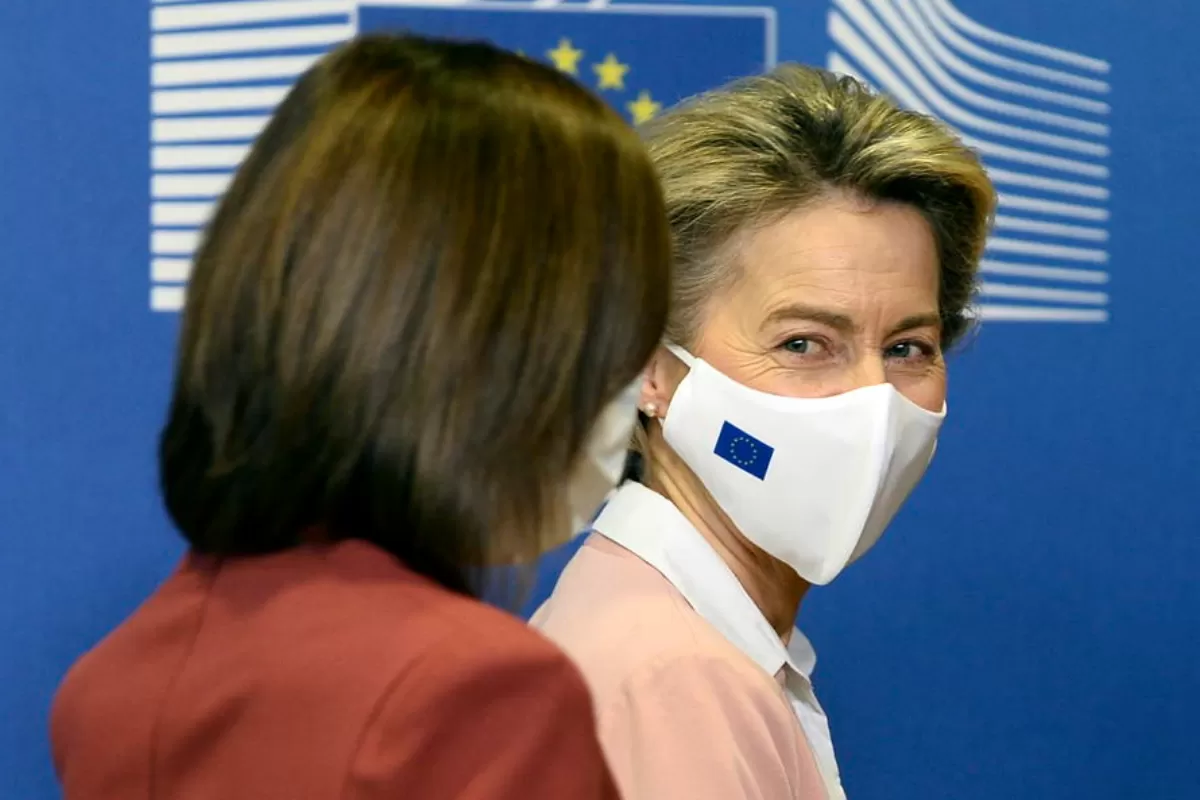
The Republic of Moldova has been presented with a historic opportunity, after pro-European forces, represented by the Action and Solidarity Party (PAS), have secured the Parliament, the Government and the Presidency. The post-Soviet period of transition may now be over, and the pro-European track, which has been in the limelight in Chișinău for three decades, may become irreversible.

Romania is about to build a common army with Ukraine, and this is a plan devised by the US against Russia, a false narrative carried by media in Bucharest and Chisinau reads. The narrative quotes inexistent provisions of a military cooperation agreement between Romania and Ukraine.
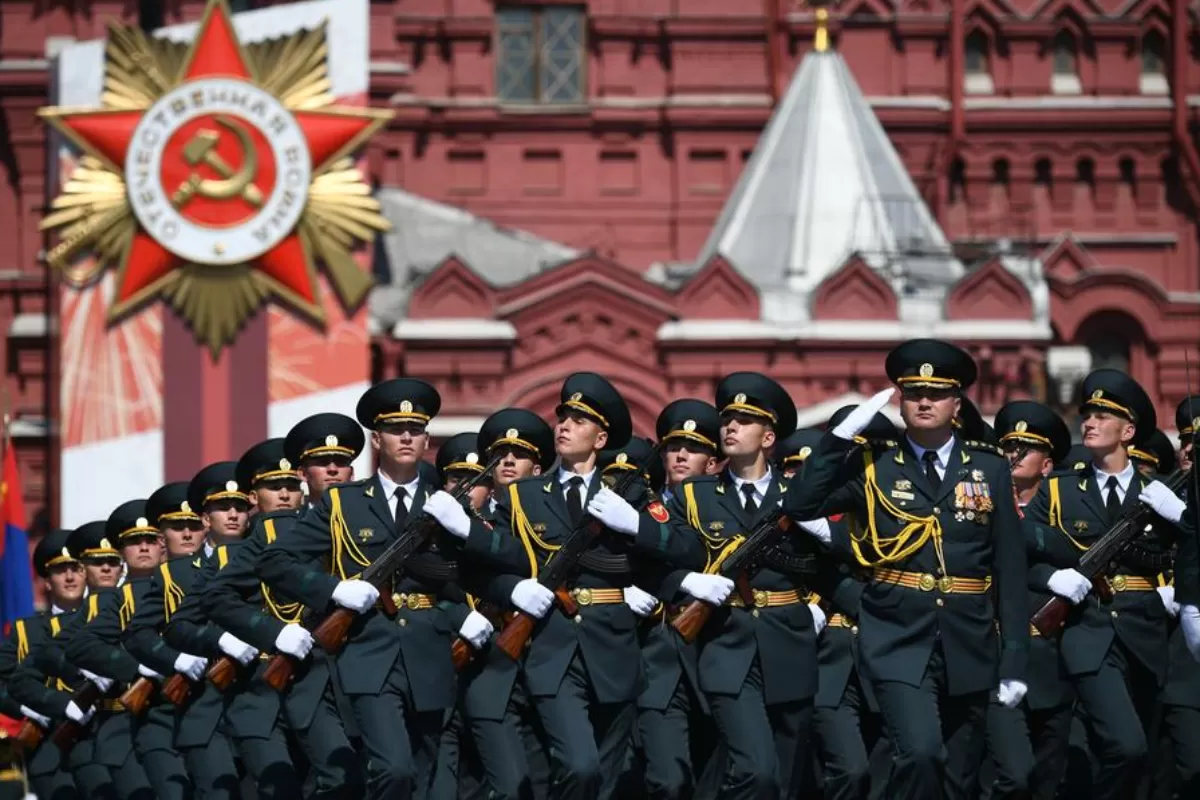
After winning the presidential elections, Maia Sandu has stabilized and secured the relations with the country’s closest neighbors - Romania and Ukraine. The legitimate question arises whether she has also managed to stabilize the complicated relationship between the Republic of Moldova and Russia, especially in the new context created by the recent parliamentary elections, won by the Action and Solidarity Party (PAS), which she has founded.
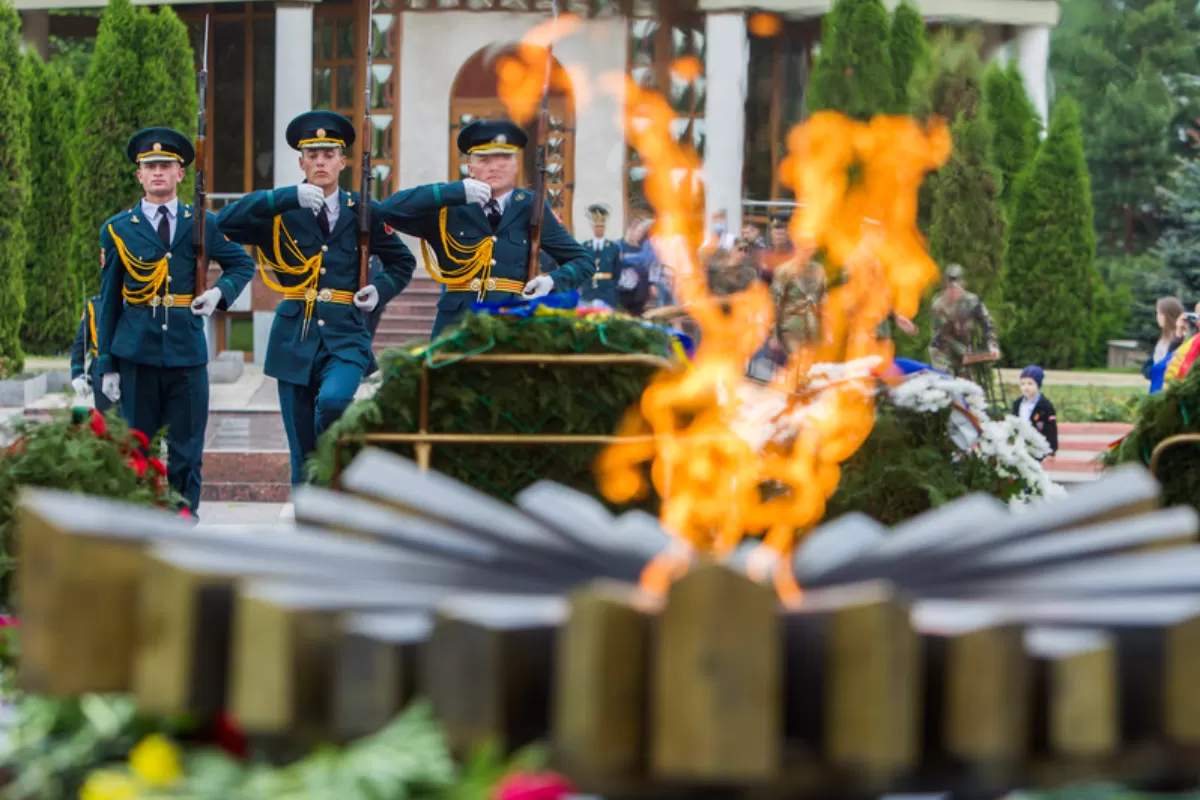
Former officers with the so-called “power structures” in the Republic of Moldova have intervened in the election campaign to express concern with the developments at home, but also to warn that foreign powers have access to external information. The narratives are part of the anti-Western rhetoric employed by pro-Russian political parties in Chișinău in the election campaign.
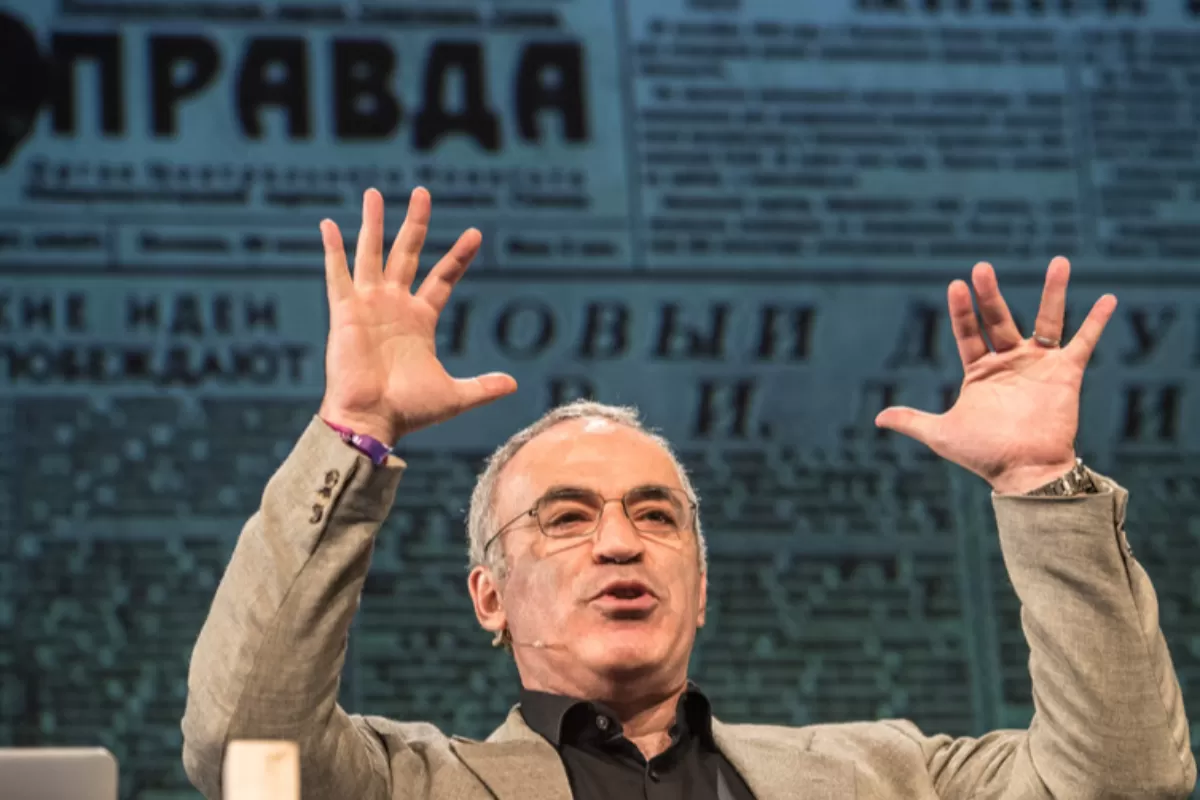
The chess great spoke with Veridica about his fight for democracy and human rights, the new type of totalitarianism in Russia and what the West should do to stop Putin. Garry Kasparov told us that he is not worried that the regime is trying to eliminate him from textbooks because, in the long run, it is not the dictators who write history. He also said that there is no point in fearing that he will be assassinated because “If someone like Putin decides that you are next on the list, it doesn’t matter if you have protection or not. You go.”
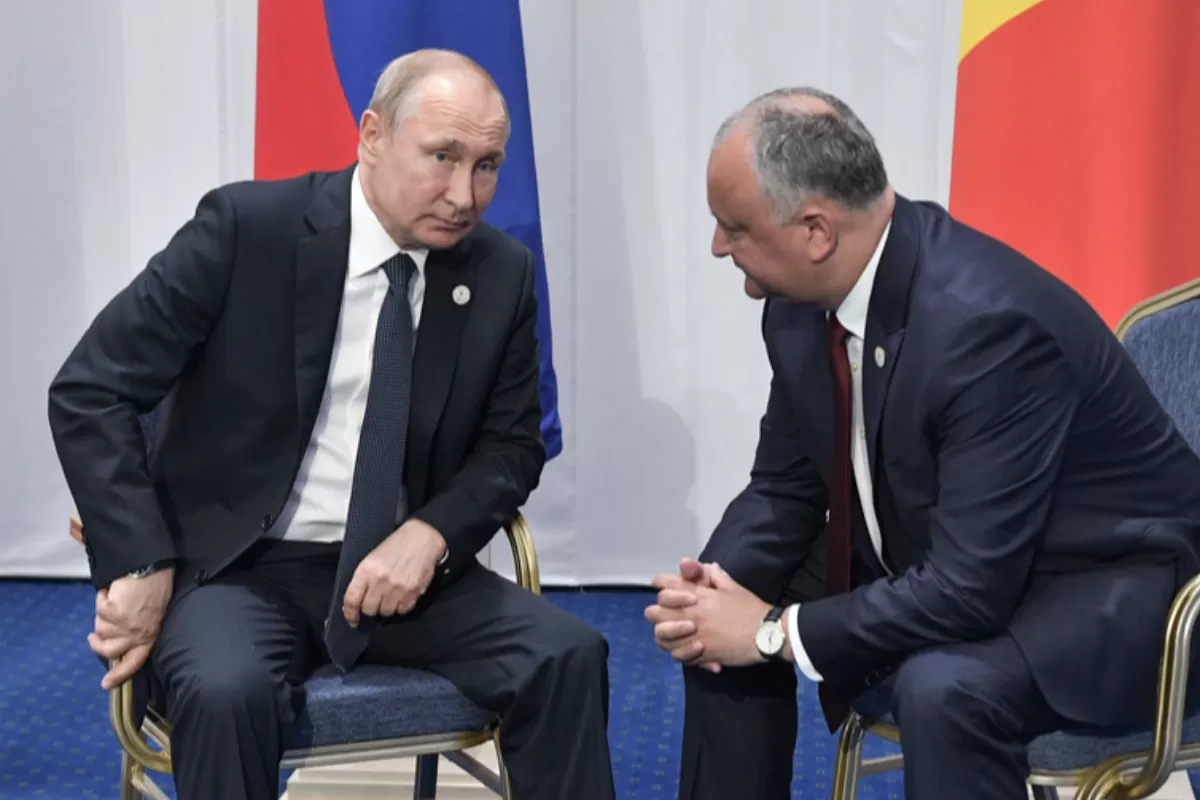
With the early parliamentary election in the Republic of Moldova around the corner, the political and economic chatter is again focusing on the benefits for Chișinău. The matter has again sparked a polemic: would it be better for the Republic of Moldova to head east or west? A persistent question which Moldovan politicians have been juggling with for three decades, while Moldova remains one of Europe’s poorest and most corrupt countries, with one of the largest shares of population migration.
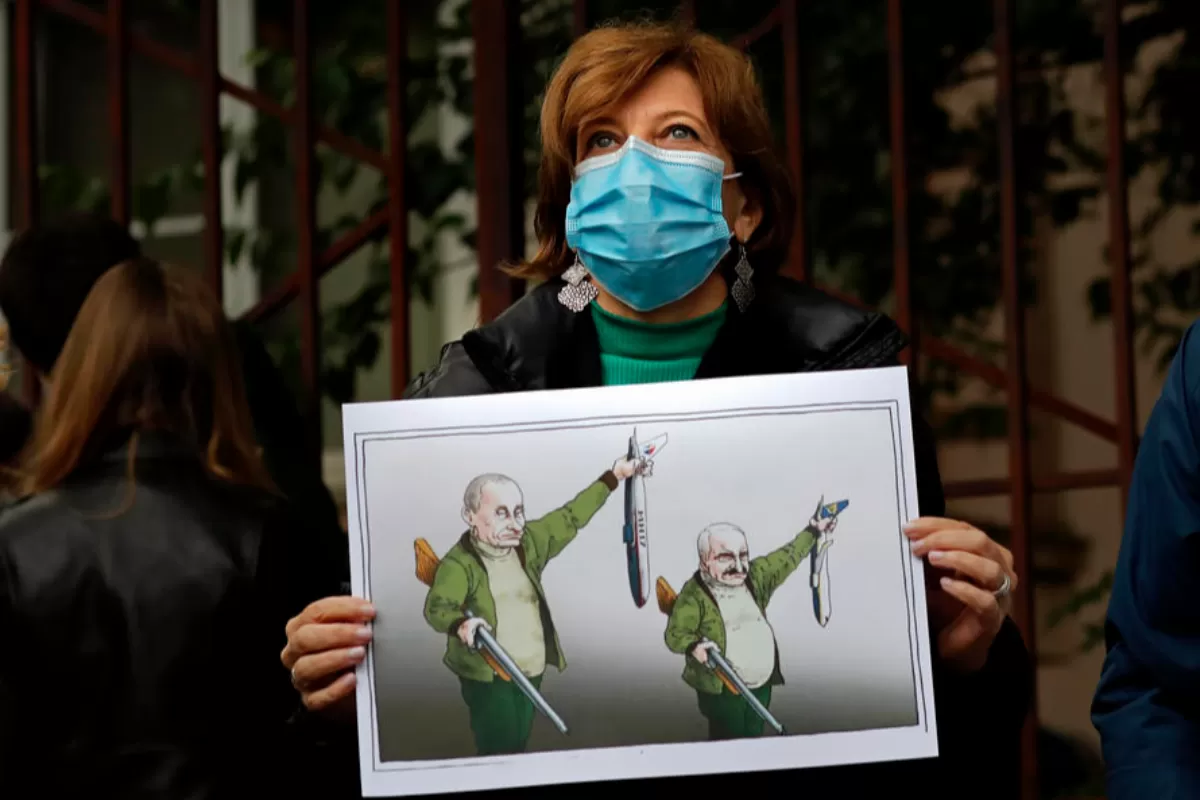
According to a fake narrative published in Romania, the arrest of Belarusian journalist and activist Roman Protasevich by the regime of Alexander Lukashenko in Minsk is just a diversion staged by Washington to distract attention from waiving sanctions on the construction of the Russian-German Nord Stream 2 gas pipeline.
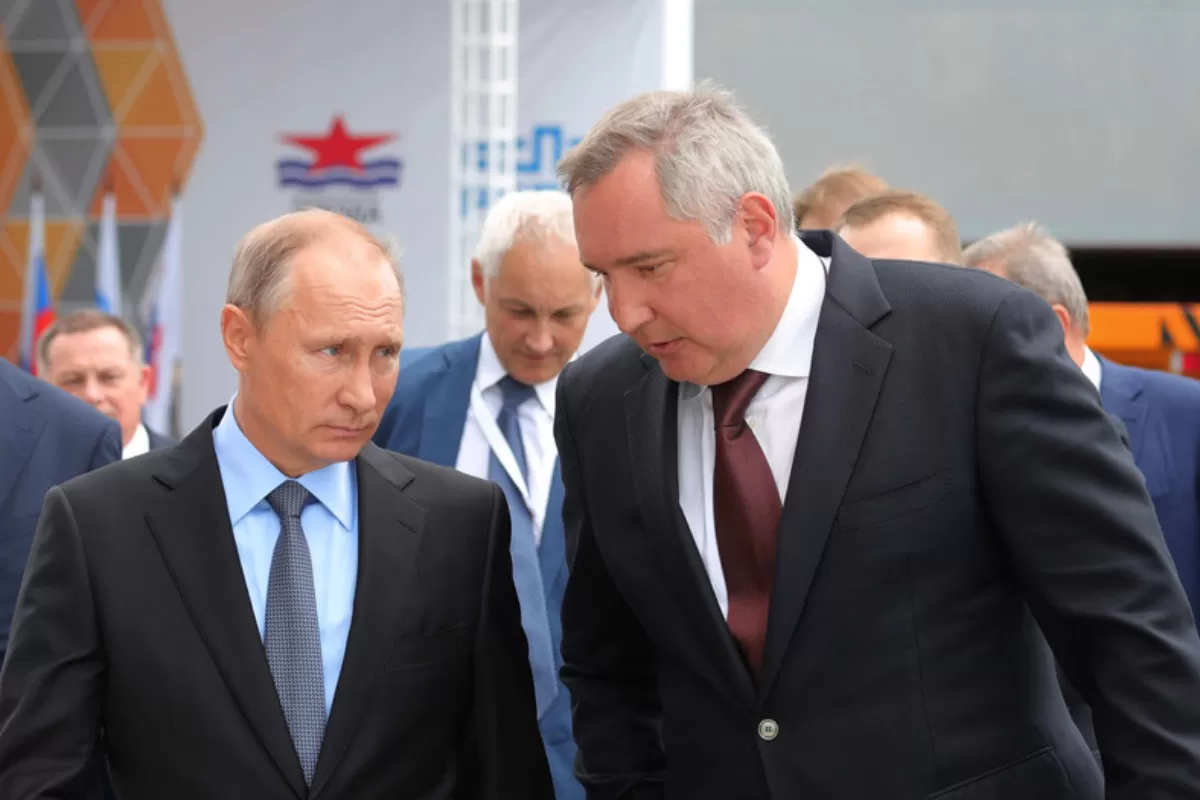
The former deputy prime minister and envoy of the Kremlin to Moldova and Transnistria, Dmitry Rogozin, drew a parallel between the hijacking of the plane from Belarus, which had the journalist and activist Roman Protasevich on board, and his situation in July 2017, when he was on the list of Russian officials sanctioned by the EU for the annexation of Crimea and the war in Eastern Ukraine, and was therefore not allowed to land on EU territory or fly over its airspace.

Russian propaganda is trying to portray former Social-Democrat leader Liviu Dragnea as the victim of the machinations of the US and Romanian justice systems

Russian claims that EU and the USA are allegedly interfering in the parliamentary election in Chișinău, scheduled for July 11. On May 13, the Russian Foreign Ministry spokesperson, Maria Zakharova, said “it is regrettable to see the growing interference of the United States and EU countries in the domestic politics of the Republic of Moldova, something which we firmly condemn”.

The military exercises Moscow organizes in Crimea are legitimate since they take place on Russian soil, Russia’s Ambassador in Bucharest, Valery Kuzmin said in an interview, rehashing a number of Kremlin propaganda theses, including a few related to World War II.

Making predictions before elections in the Republic of Moldova means hazarding a guess. Such an action requires not only knowledge and intuition, but also a lot of luck and a special flair for anticipating last-minute backstage arrangements. However, the campaign for the snap parliamentary elections due on July 11 has kicked off, and based on current data and trends, we will analyze who the actors are and what chances they stand at the moment. A dirty election campaign is announced from the left wing, which seems ready to bring into play resources that are incomparable to those available to the right.

Patriarch Daniel's urging Romanians to get vaccinated is the result of "secret deals" between him and the head of state, Klaus Iohannis, after the meeting they had in February. The fact that the Easter services were allowed this year would be the result of a trade-off between the Church and the Presidency, so that the ROC priests become promoters of vaccination.

In a little over four years, Russia has become increasingly belligerent towards the West, hitting a new milestone, which is interesting, to put it mildly: three hundred and eleven (!) Russian diplomats have been expelled from the United States and Europe due to their actions in these states.

Russia carries out a classic type of diplomatic activity, within the law, while other diplomats accredited to Bucharest interfere in Romania's internal affairs, says Russian Ambassador Valeri Kuzmin, who repeats the fake narratives used by the Kremlin in its attempt to pose as a victim.

Romania will neighbor Russia, once the Russian army have conquered a large part of Ukraine and cut its access to the Black Sea. Also, Russia will conquer the east and south of Ukraine, along with the Transnistria region in the Republic of Moldova.

The US, Romania and the Republic of Moldova are preparing to attack Russia's main strategic sites in the Transnistrian separatist region, such as the former USSR arms depot in Cobasna, according to Kremlin’s propaganda arm, Sputnik. The narrative is being promoted while tensions are building up around Ukraine as Russia is concentrating troops in the area.

The Pandemic has shaped the perception of the citizens in the Republic of Moldova about the East and the West. Whereas one year ago, Russia and China were very cleverly scoring points in terms of visibility in Chișinău, over the last 12 months the roles have been reversed with the EU and Romania.

The latest espionage scandal in Italy, whereby an Italian officer with access to confidential NATO information was caught red-handed while selling secret documents to a Russian military attaché, once again highlights hostile Russian actions against NATO. The resurgence of such activities occurred especially after the Euromaidan and the annexation of Crimea by the Russian Federation in 2014.
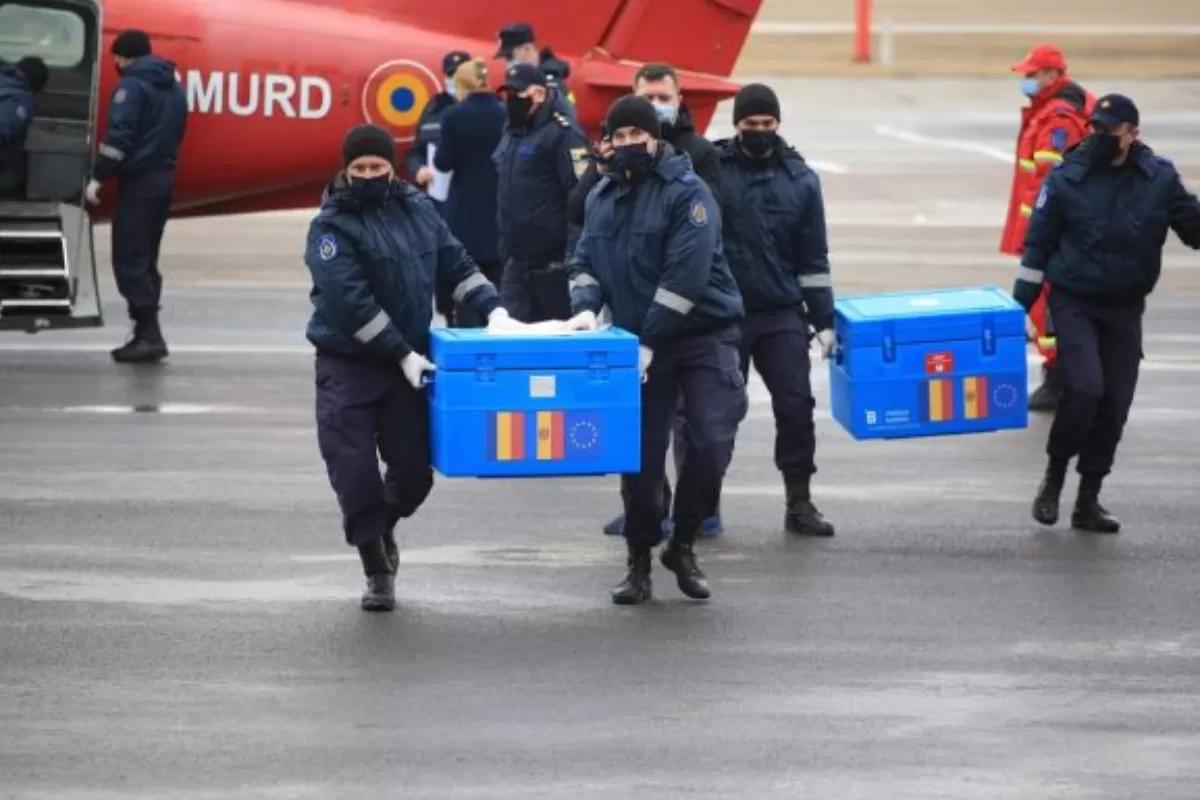
In recent years, Romania has funded numerous projects that have had a direct impact on the population. In parallel, a certain type of patriotic discourse, irritating for a significant part of the population of the Republic of Moldova, has been tempered as well. The result of this policy carried out with soft-power tools is that while the declared unionist parties in Chisinau are free falling in the electorate’s preferences, paradoxically the number of unionists is on the rise.
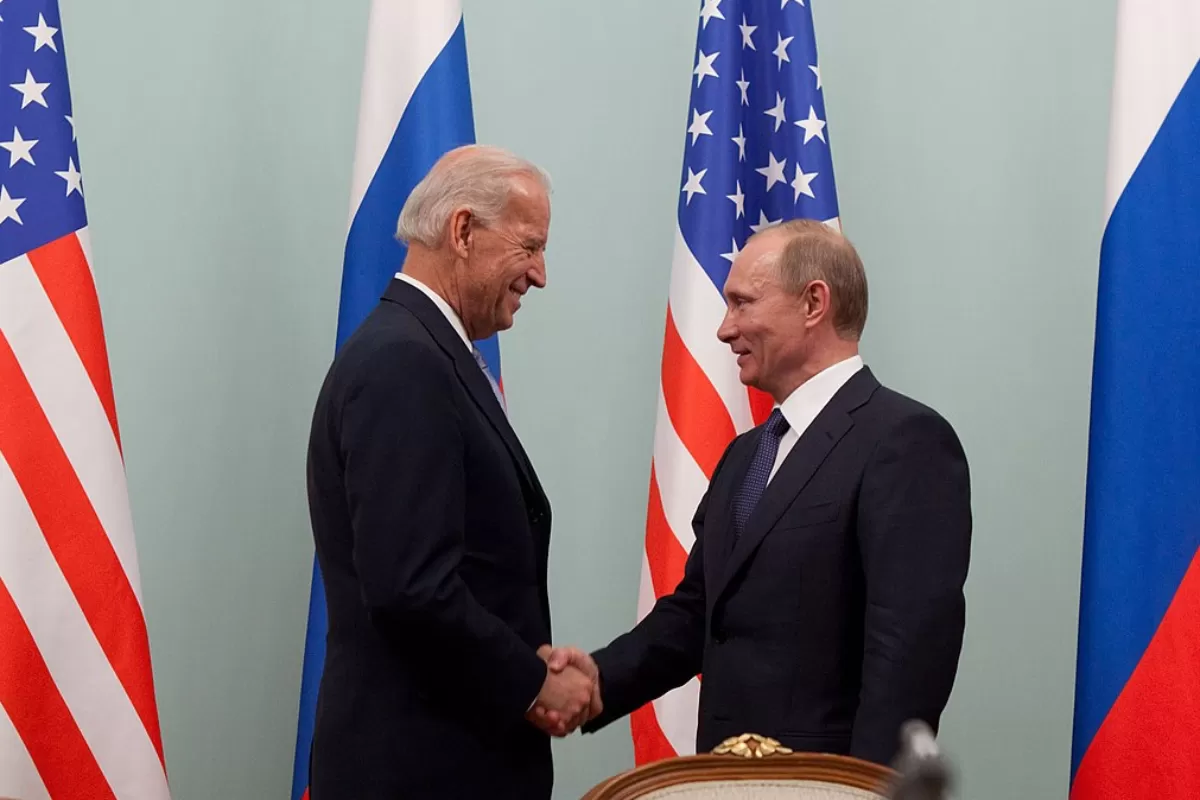
The latest tensions between presidents Joe Biden and Vladimir Putin are definitely giving political analysts from all over the world a headache, as they try to decrypt the discourses of the two presidents and somehow foresee where they’re leading. The United States and Russia have a number of imporant topics on their current agenda, such as the developments in Ukraine, Syria, the Iranian nuclear file or the situation in Northern Africa. USA and Russia also fell out over the poisoning and sentencing of opposition leader Alexei Navalny, the SolarWinds cyber-attacks scandal and Moscow’s bounties on US troops in Afghanistan.
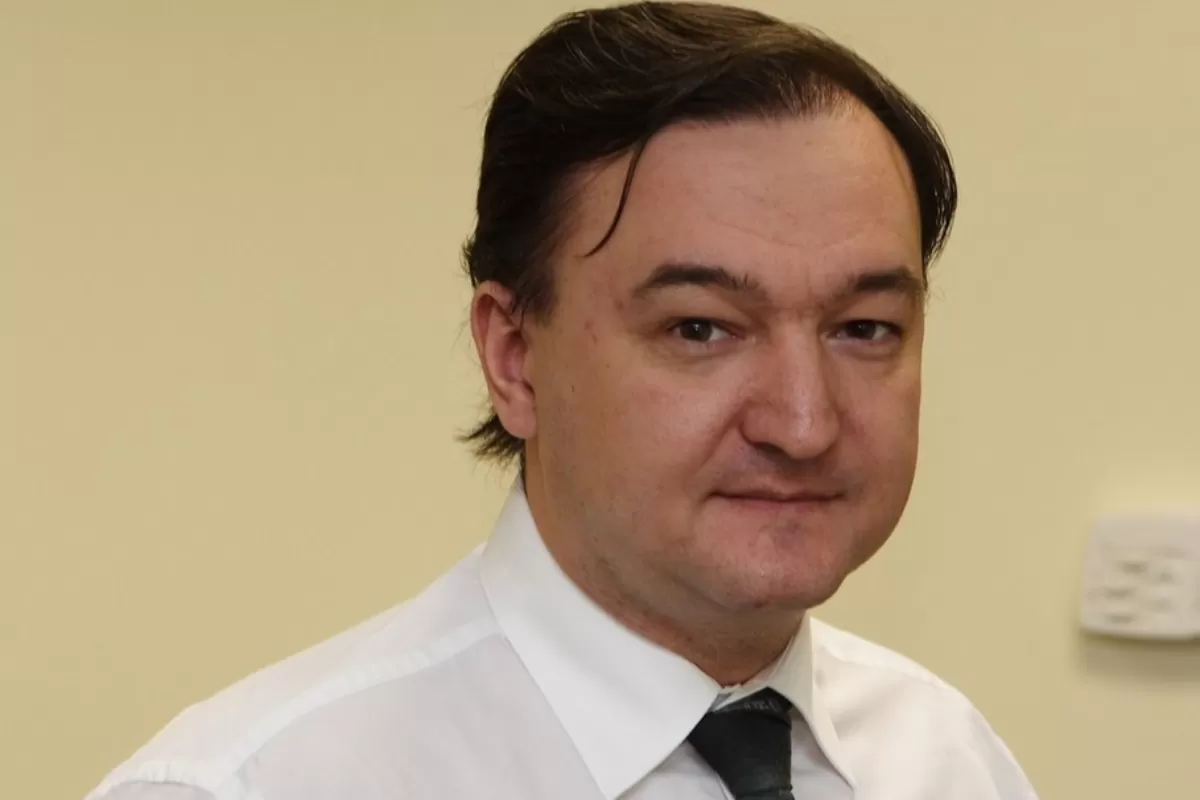
The Romanian Parliament is preparing, out of obedience to the United States, an anti-Russian law designed for a corrupt lawyer. This false narrative appears in a post on the Facebook page of the Russian embassy in Bucharest, criticizing the so-called Magnitsky law, which is in the Chamber of Deputies now after it was endorsed by the Senate. The law provides, in fact, for the imposition of sanctions on foreign nationals who are guilty of serious human rights violations.

Facing logistics-related problems back at home and a limited capacity for the development of the Sputnik V vaccine, Russia plays a bluff game in Europe, pretending to be waiting for the European Medicines Agency (EMA) to greenlight the Sputnik serum in order to fill the vacuum in the EU’s supply chain.

The failure of pro-Russian Igor Dodon in the presidential elections in the Republic of Moldova does not seem to have upset the Kremlin much: instead of being reprimanded, the officer in charge of the Moldovan case (and assisting Dodon in the election campaign) was promoted in early March. At first glance, the promotion seems to be a job rotation decision, but in reality, it’s part of a broader reorganization of the departments dealing with the former Soviet space and the separatist regions supported by Moscow.